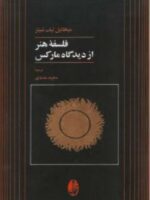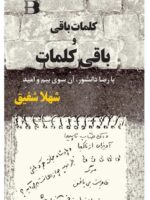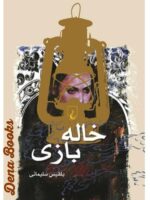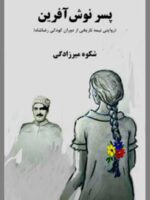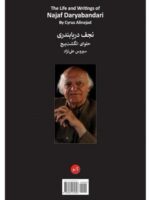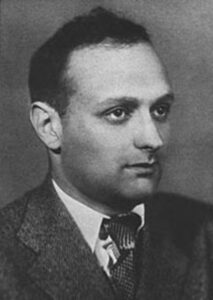
Mikhail Aleksandrovich Lifshitz Born on 23 July 1905 in Melitopol, a city in Southern Ukraine, then part of Imperial Russia, Lifshitz began higher education as an art student at the Vkhutemas (“Higher Art and Technical Studios”) in Moscow in the early 1920s, which was then the hotbed of Modernism.
He ended his studies there in 1925 because he disagreed with his modernist oriented instructors. Instead, he was offered a teaching position there; his job was to teach Marxist philosophy to artists.
He pursued an analysis of aesthetics from a fundamentally Marxist perspective. His ideas became controversial at Vkhutemas, so he had to leave in 1930. He was offered a job instead at the Moscow’s Marx-Engels Institute, where he developed a working relationship with the great Marxist philosopher György Lukács. Lukacs, himself, admitted that he was influenced by Lifshitz’ views on Marxist aesthetics.
Starting in 1933, he edited an influential Moscow magazine “The Literary Critic” (Literaturny Kritik),[2] that was also followed by Marxist art theoreticians around the world through various translations published by Soviet government.
Among the important contributors was writer Andrei Platonov, one of the most intriguing writers of fiction of the Soviet period, who is often referred to as the Soviet Kafka, as well as György Lukács.
In 1938 Lifshitz’s work “The Philosophy of Art of Karl Marx” was translated into English. His work also featured prominently in the influential work “Literature and Marxism: A Controversy by Soviet Critics” (1938). Lifshitz was considered a leading literary critic during the Stalin period.

